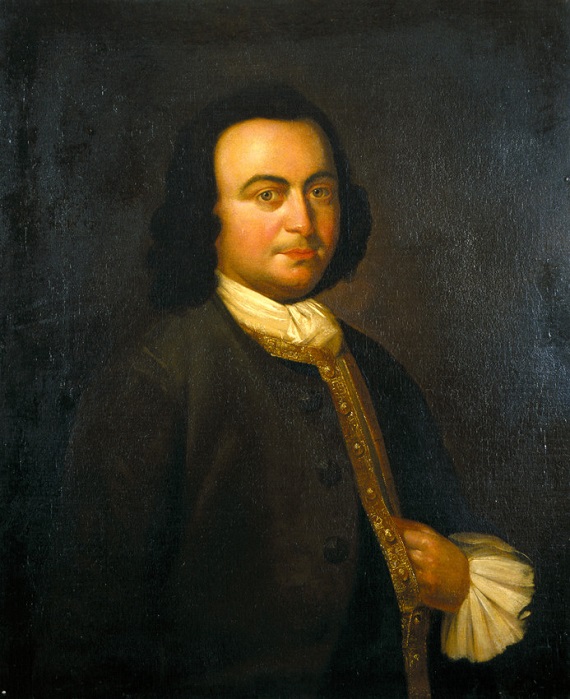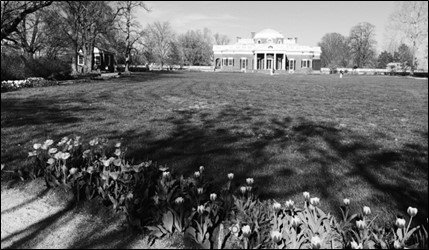This essay is in honor of George Mason’s death, October 7, 1792.
He wrote the foundational words for America. If we listen, he taught us the dream that the import of America is greater, more important than any government of any United States.
He continues today as he was in his time, a pulsating presence of cogency, learning and disregard for political prominence. An unsplintered force, he is our unbreakable vision of limited government grounded in the local people. Like Taylor of Caroline and Macon of North Carolina, he was a true, tempered and tried ‘Roman’ Republican. He built for the ages. He loved for and lived between our eternities of Life and Liberty.
His “Virginia Declaration of Rights” is our touchstone expression of the essential American understanding of a people, any people and their government. He did not abbreviate our world into “life, liberty and the pursuit of happiness”. He was far more clear: “… all men are by nature equally free and independent and have certain inherent rights, of which, when they enter into a state of society, they cannot, by any compact, deprive or divest their posterity; namely, the enjoyment of life and liberty, with the means of acquiring and possessing property, and pursuing and obtaining happiness and safety”.
Again, “… all power is vested in, and consequently derived from, the people; that magistrates are their trustees and servants and at all times amenable to them.”
And, again, “… when any government shall be found inadequate or contrary to … (the security, protection and common benefit of the people) … a majority of the community has an indubitable, inalienable, and indefeasible right to reform, alter, or abolish it in such manner as shall be judged most conducive to the public weal.” (Virginia’s Declaration of Rights, from Sec. 1, 2 and 3)
In 1787 he led the fight to end the Slave Trade only to have that quintessential understanding of liberty set adrift in the slave-ship harbors of New England on the demand of South Carolina’s early gift to Nationalism, General Charles Cotesworth Pinckney. In turn, Pinckney threw away the South’s defense against New England’s commercialism voting to allow a simple majority in the national legislature for commercial statutes. Infuriated, Mason claimed the South was there “delivered” into the hands of the Northern business interests. He recognized the igniting spark of future war.
Unlike Patrick Henry relying on the Amendment Clause to sign approval for the Constitution, or Edmund Randolph who did an about-face from Philadelphia so strange as to withhold a letter from New York during the Virginia ratification convention which, if known to the delegates, may have tipped Virginia to Mason’s side, Mason held firm and refused. In so doing he declined the shards of political compromise to retain political stature. It was then he rose to become an historical beacon of a person’s self-worth.
He understood that the threat to a person’s liberty is so great as the distance between your government and your person. Humanity’s personal liberty requires greater vigilance than its property. Principles of government that will be continuously construed to protect our liberty can only be retained when closely borne. While Wilson, Hamilton and Ellsworth plotted for a national judiciary which they knew would stitch together national power over the States, Mason agreed the courts would grow far afield from the States. He proposed that any national judiciary be limited to admiralty and maritime cases. Like Jefferson who called courts “sappers”, Mason knew no government function breathes air so distant from local people as a national-appointed judiciary.
When he passed from this world on October 7, 1792, he left a record of sterling brilliance and unparalleled character, of self-denial service to more than the people of Virginia. He is our Untarnished Founder, a man whose intellect, character and vision equaled or surpassed any in this world’s political history – for he served the world as well as his country, Virginia. He and Jefferson would say good-bye at Gunston Hall for the last time on September 30, 1792, and the Federalist Republican mantle drew closer and far heavier onto Jefferson’s shoulders.






